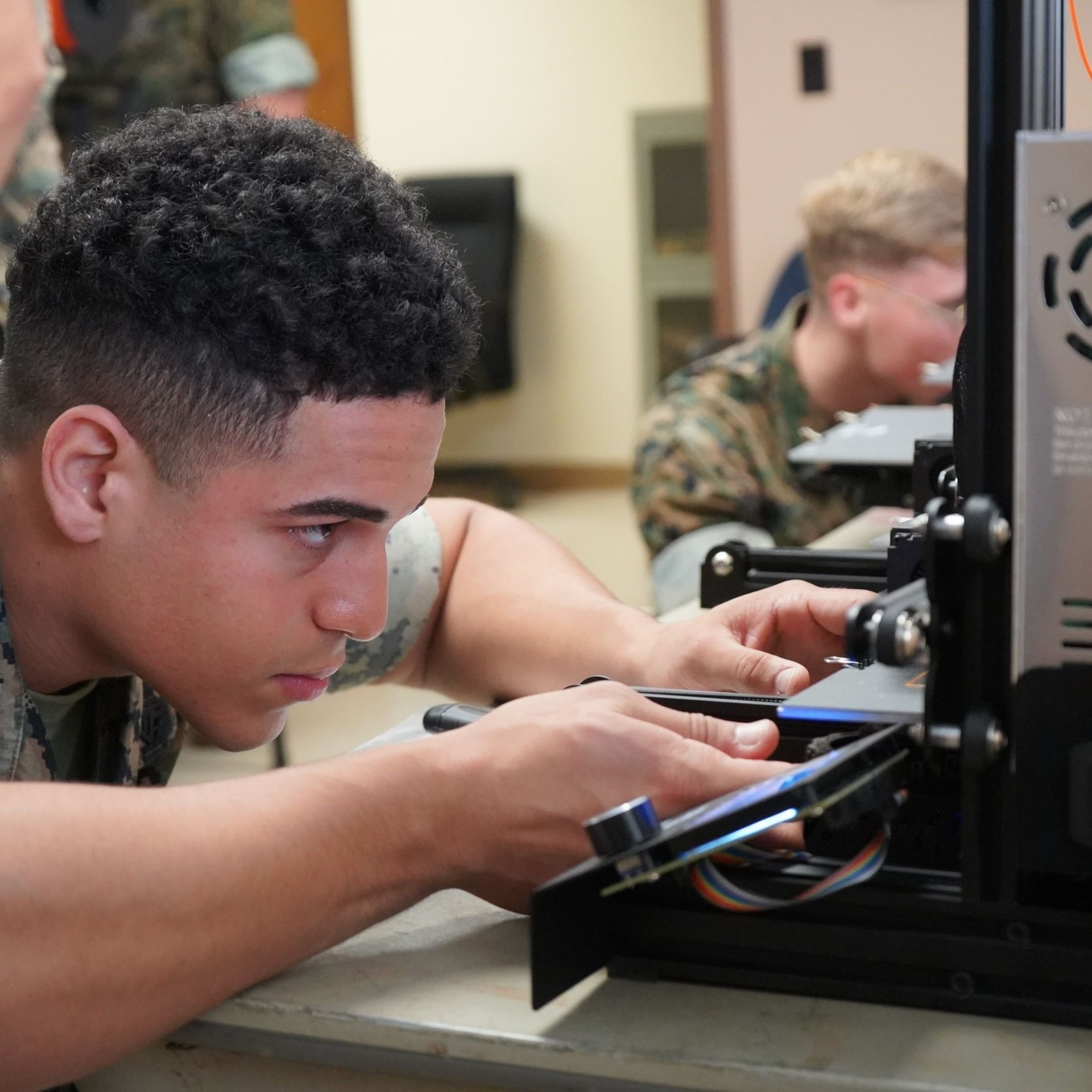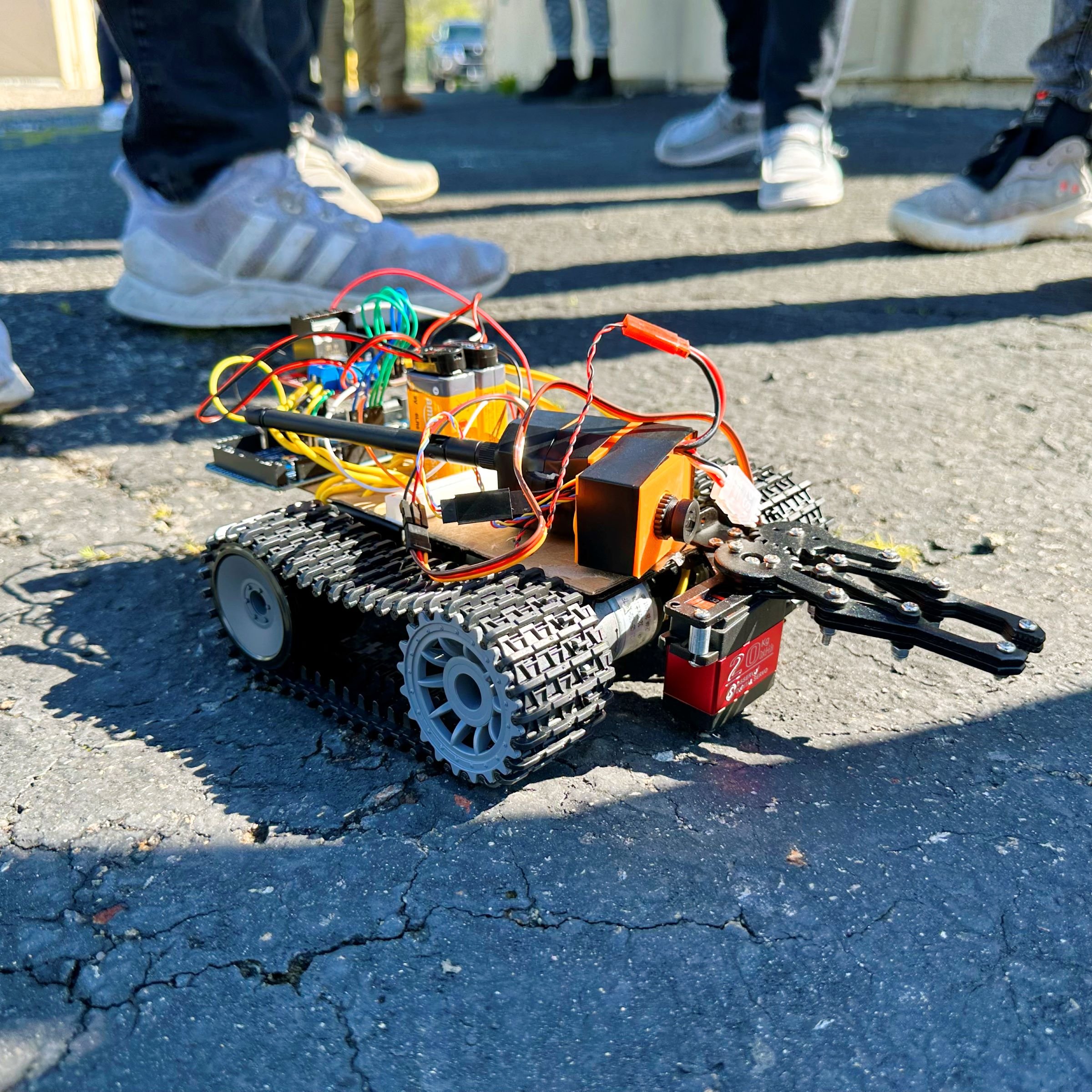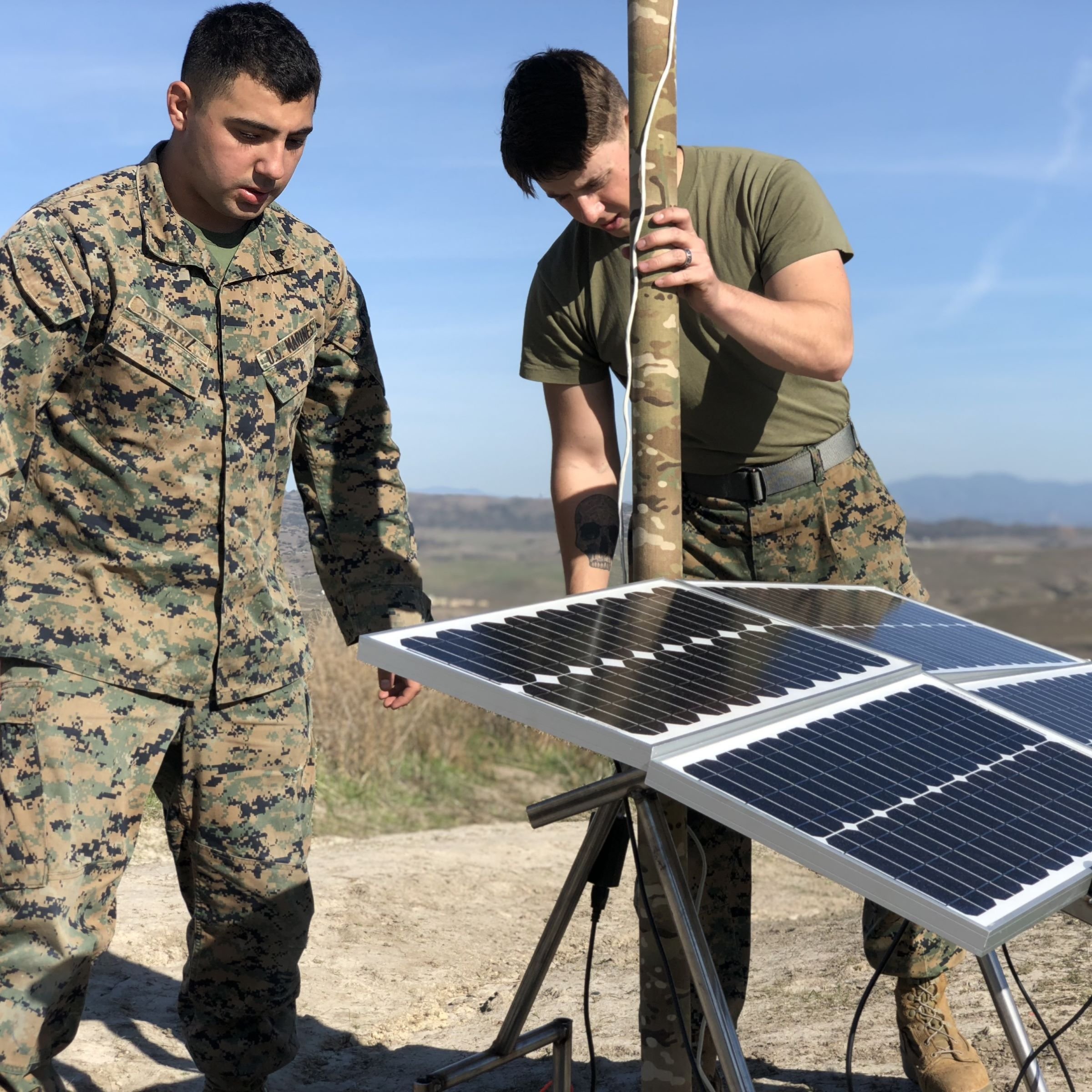Innovation Bootcamp










5 Day Course
$6,200
Innovation Boot Camp, Building Momentum's premier training program, delivers hands-on problem-solving skills through cutting-edge technology and practical innovation. Designed by experts with real-world experience in battlefields, disaster zones, and manufacturing environments, this flagship course equips participants with rapid prototyping techniques, field-ready solutions, and advanced tools to tackle complex challenges effectively.
Additive Manufacturing
CAD for 3D Printing
3D Material Science
Team Building
Rapid Prototyping
Basic Electronics + Circuitry
Basics of Programming
Rapid Problem Solving
Coding for Robotics
Wireless Communication
Systems Integration
Tech Systems Troubleshooting
Materials Provided
Building Momentum Superkit:
Additive Manufacturing Kit
FDM 3D Printer + Tools
Code Kit
Arduinos, Sensors, and Wireless Radios
Soldering Kit
Capstone Kit
Valued over $1,200
Location
These classes are held in Building Momentum's state-of-the-art classrooms at The Garden. However, they can also be held on-site at your location, anywhere in the world.
Contact
Want to book over the phone? Please call (571) 275-5845.
Want to purchase your seat through GSA Advantage? Book through GSA here!
Email training@buildmo.com for more information.
Schedule
This is a 5 day course, running from 8am-5pm each day.
Audience
Our Innovation Bootcamp training courses are for DOD professionals and anyone looking to grow and improve their creative problem-solving skills with 21st-century technologies.
There are no Prerequisites for this course.
Computer
Building Momentum will provide a laptop for the course. However, you are welcome to bring your own system.
